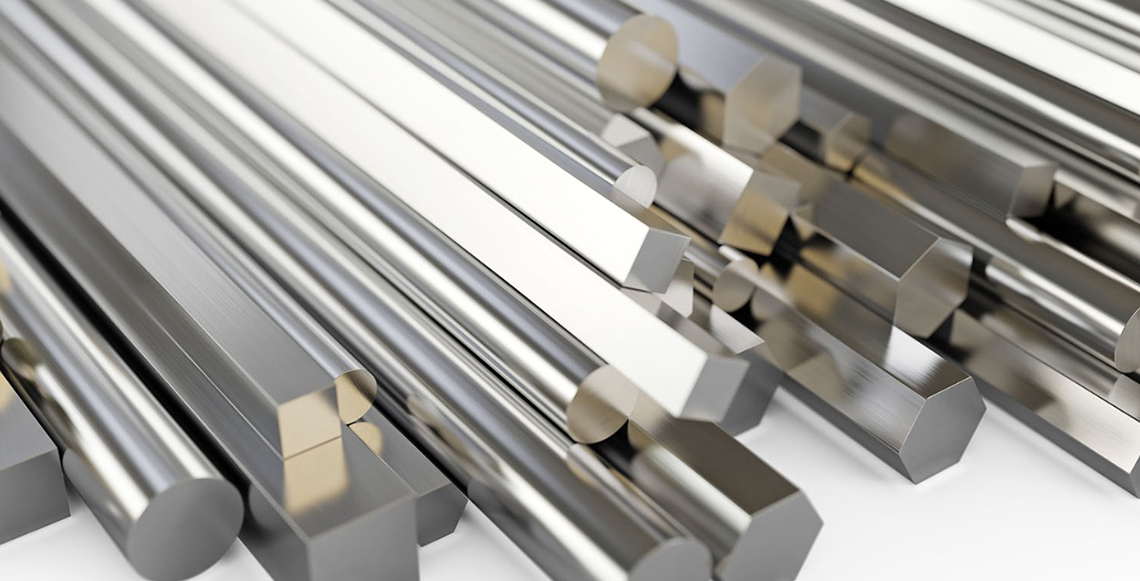

HEA Profile

Uslu Demir Çelik
HEA Profile Characteristics
Hea profile, which is the name given to iron or steel metals produced using high-energy astrophysics, has gained a great popularity in recent years. The profile draws attention with its resemblance to the letter H. These metals, which appear as wide-angle profiles, can be divided into two, HEA and HEB, according to their properties. HEA profiles, which have been common in recent years, are mostly used in the construction sector.
Let's take a closer look at HEA profiles, which is used commonly due to their lightness and not taking up too much space. These profiles, which have a high bearing load, have started to gain an important place in the industrial areas and automotive market. These profiles, which are also suitable for recycling, draw attention because the are reused after being scrapped. The properties of HEA profiles, which are conducive to the preservation of new resources, are also a matter of curiosity.
Usage Areas of HEA Profiles
HEA profiles have a quite common usage area. HEA profiles, which draw attention with the resistance and durability they provide in steel structures, are mostly preferred. HEA profiles, which have high durability and strength, are in great demand in our country, since Turkey is a country in an earthquake zone. HEA profiles, which have become indispensable for the construction industry, are used in steel structures and steel roads, bridges and steel buildings of shopping malls. HEA profiles, which are used to increase the durability of reinforced concrete structures, are also used to strengthen building columns.
HEA profiles, which are also used in the automotive industry and engine production, play a role in minimizing the level of damage during corrosion and collision. In addition, the costs incurred after the accidents are also minimized. HEA profiles, which also reduce the weight of the vehicle with their lightness, are becoming more and more common.
Technical Specifications of HEA Profiles
As for the technical features of HEA profiles, these metals are called HEA100, HEA200, HEA300 etc. according to their sizes. The HEA100 is the lowest profile. These profiles, which have a width of 96 mm, a thickness of 8 mm, a height of 100 mm and a weight of 16.7 kg.
The HEA600 is the largest profile. As for the dimensions of this metal, it draws attention with its width of 300 mm, height of 590 mm, thickness of 13 mm and weight of 178 kg. HEA profiles, which can be easily mounted by welding, provide high resistance against bending and twisting


SAMSUN
- Organized industrial Zone Vali Erdoğan Cebeci Blvd. No: 40 Tekkeköy / SAMSUN / TURKEY
- +90 (362) 266 66 21
+90 (362) 266 66 27 - info@usludemircelik.com
ISTANBUL
- Begonya St. No: 3 34746 Ataşehir / ISTANBUL / TURKEY
- +90 (216) 504 82 32
- info@usludemircelik.com
IZMİR
- 35.St. No: 47 Menemen / IZMİR / TURKEY
- +90 (232) 627 92 92
- info@uslucsm.com
OSMANİYE
- E.Ayhan Tosyalı St. No: 7 Toprakkale / OSMANİYE / TURKEY
- +90 (362) 266 66 21
+90 (362) 266 66 27 - info@uslucsm.com



